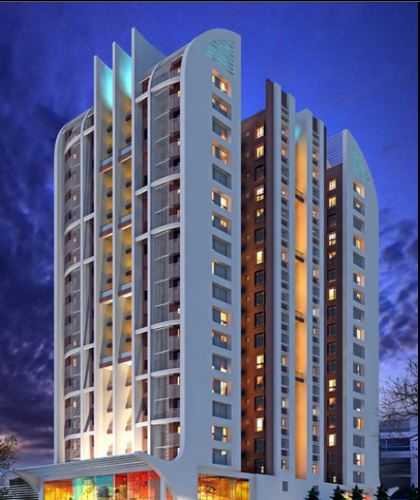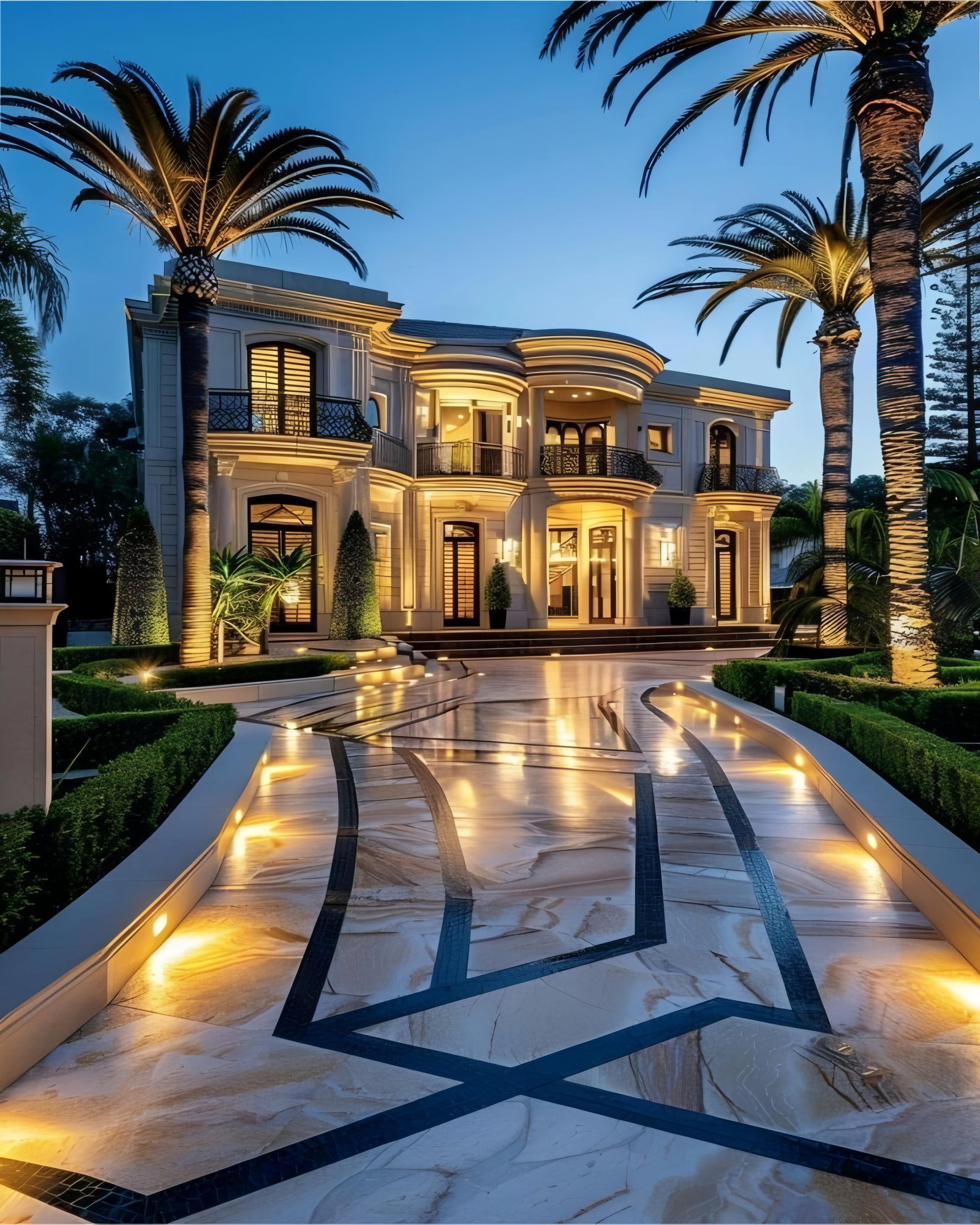.png)
Young Investors Increasingly Drawn to Dubai Real Estate for its Flexibility and Digital Access
A growing wave of millennials and Gen Z buyers, some first-time property investors, are increasingly finding their way into Dubai’s property market. Their attraction doesn’t lie solely in the city’s iconic skyline or tax-friendly policies. Instead, it’s the flexibility of investment options and digital access to real estate opportunities that has caught their attention.
This shift is more than just a demographic curiosity it’s reshaping how Dubai’s property market functions and what the future of urban investment might look like.
Why Are Young Investors Interested in Dubai Now?
Dubai real estate has long been recognized as a global magnet for investors, but historically, the narrative was dominated by high-net-worth individuals and large-scale institutional players. Now, younger investors aged between 25 and 40 are steadily entering the market.
The reasons? A combination of accessibility, lifestyle relevance, and future security:
Lower entry points with flexible payment plans: Developers are introducing off-plan projects with staggered, post-handover payment structures that allow investors to own property without large upfront costs.
Digital-first real estate platforms: From virtual property tours to blockchain-enabled contracts, tech-savvy buyers can explore, evaluate, and secure investments without ever needing to step foot in a sales office.
Residency-linked investments: The Golden Visa program, tied to property ownership, provides young professionals with stability and long-term prospects in a global hub.
Dubai as a lifestyle city: Beyond investment returns, Dubai offers safety, connectivity, tax efficiency, and vibrant lifestyle opportunities that resonate with younger demographics.
Digital Platforms Are Redefining Property Access
Perhaps the biggest factor drawing younger investors is the ease of digital property transactions. For a generation used to shopping, networking, and even managing their finances online, real estate had long felt like a slow, paper-heavy industry.
Dubai has flipped that perception. Today, platforms allow investors to:
View properties through 3D tours or immersive virtual reality experiences.
Access instant property valuations and ROI calculators.
Sign digital contracts through verified blockchain-secured systems.
Monitor payments and progress online, especially in off-plan developments.
This level of transparency and efficiency builds trust something particularly important for younger buyers who value speed and clarity over drawn-out negotiations.
Flexibility as the New Currency in Dubai Real Estate
One of the strongest draws for young investors is flexibility a word that has become the new currency in Dubai property deals.
Off-plan projects with long-term payment plans: Instead of paying 70% upfront, buyers can commit to smaller, regular instalments stretched across 5–7 years, even beyond project handover.
Short-term rental options: With platforms like Airbnb integrated into Dubai’s rental landscape, young investors see property not only as a long-term asset but also as a way to generate immediate cash flow.
Scalable entry: From compact studios in Business Bay to high-yield townhouses in emerging communities like Jumeirah Village Circle, Dubai caters to different budget levels.
For younger generations, who often face affordability challenges in their home countries, Dubai’s flexible models make real estate ownership feel realistic and achievable.
The Role of the Golden Visa in Driving Confidence
Dubai’s Golden Visa program has been another anchor in attracting younger investors. By linking real estate investments of certain thresholds to long-term residency, the city has effectively given young professionals a path to stability and security.
This is particularly appealing for expats across the GCC, South Asia, Europe, and Africa many of whom see Dubai not only as an investment hub but also as a potential long-term base for their careers and families.
What Are Young Investors Buying?
The preferences of young investors don’t just mirror traditional buyers they’re carving their own path. Here’s what trends are most visible in 2025:
Compact apartments in central locations: Proximity to business hubs, co-working spaces, and entertainment districts remains a top priority.
Branded residences: Properties attached to luxury names (think Armani, Cavalli, or soon, Karl Lagerfeld Villas in Meydan) appeal to younger buyers who value design, exclusivity, and lifestyle branding.
Smart, sustainable homes: Energy efficiency, modern layouts, and digital home features like smart locks and climate control are increasingly non-negotiable.
Communities with lifestyle perks: From fitness centers and co-working lounges to pet-friendly zones, younger buyers seek a blend of living and lifestyle within one community.
Risks Are Part of the Picture But So Is Opportunity
It would be unrealistic to say every young investor’s journey in Dubai real estate is risk-free. Market cycles, regulatory changes, and global economic shifts all play their part. The housing boom of the past few years, while record-breaking, has also sparked whispers of possible corrections.
Yet, what sets Dubai apart is how it learns from past cycles. Post-2008 reforms brought stricter regulations, escrow account requirements, and more transparency in the off-plan segment. These safeguards are designed to protect buyers an important reassurance for younger investors wary of market volatility.
A Human Story Behind the Numbers
What makes this trend interesting is that it’s not just about market data it’s about a generation rewriting the rules of property ownership.
Take the example of a 29-year-old tech entrepreneur from India, who recently bought a studio in Dubai Marina through a fully digital process. For him, it wasn’t just about ROI. It was about having a global foothold in a city that matches his digital-first lifestyle.
Or consider a young couple from Europe who secured a townhouse in Dubai land with a seven-year post-handover plan. They saw it as both a home for the future and a flexible investment that wouldn’t weigh them down financially today.
These human stories bring to life what the numbers already suggest young investors are no longer sitting on the side lines. They’re participating, adapting, and shaping Dubai’s property landscape.
Looking Ahead: Will This Trend Continue?
The trajectory seems clear. As long as Dubai maintains its digital-first property environment, continues to offer flexible investment structures, and anchors its appeal with residency-linked programs, young investors will remain active participants.
Developers, too, are responding designing communities that appeal to younger sensibilities, with sustainability, co-living spaces, and lifestyle amenities baked into their master plans.
For Dubai, this doesn’t just mean higher transaction volumes. It means the beginning of a more diverse, resilient, and future-focused real estate ecosystem one where youth energy meets urban ambition.
Final Thoughts
The growing presence of young investors in Dubai real estate isn’t just a passing trend it’s a sign of how the market is evolving to meet the demands of a new generation. Flexibility, digital access, and lifestyle integration are the pillars of this shift, and they’re aligning perfectly with what millennials and Gen Z expect from their investments.
At Harpreet Real Estate LLC, we’ve witnessed this change first hand in conversations with clients, social media interactions with our 300K-strong audience, and daily transactions. The interest is real, the motivations are clear, and the opportunities if approached with honesty and informed decision-making are significant.
Dubai’s real estate story has always been about transformation. Today, that transformation is being written by young investors who see the city not just as a destination for luxury, but as a digital-friendly, flexible, and future-ready investment hub.






Leave a Reply
Comments